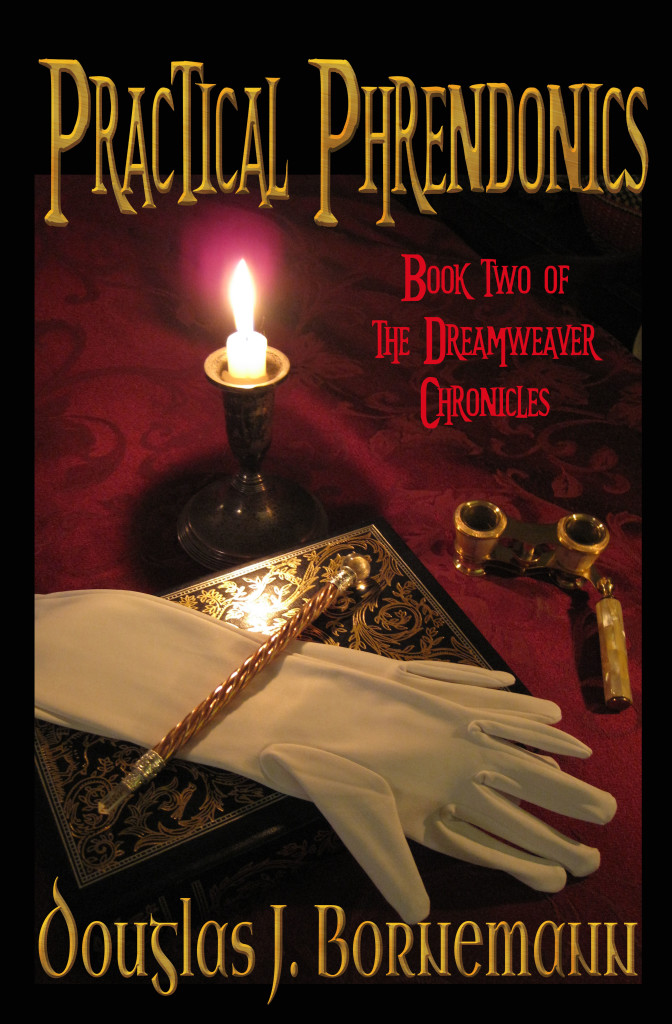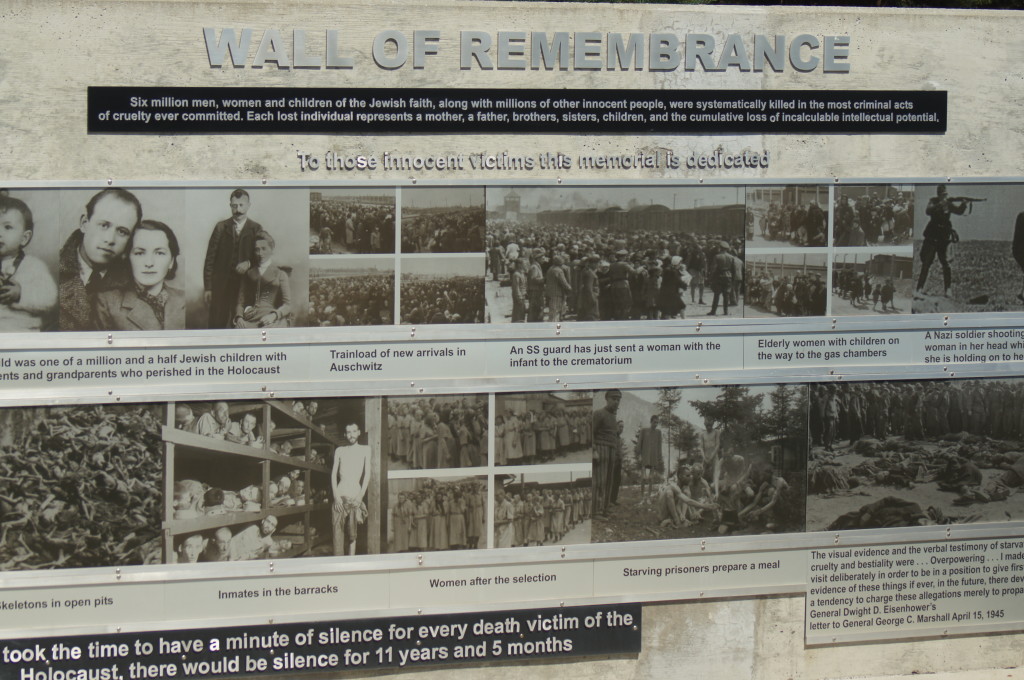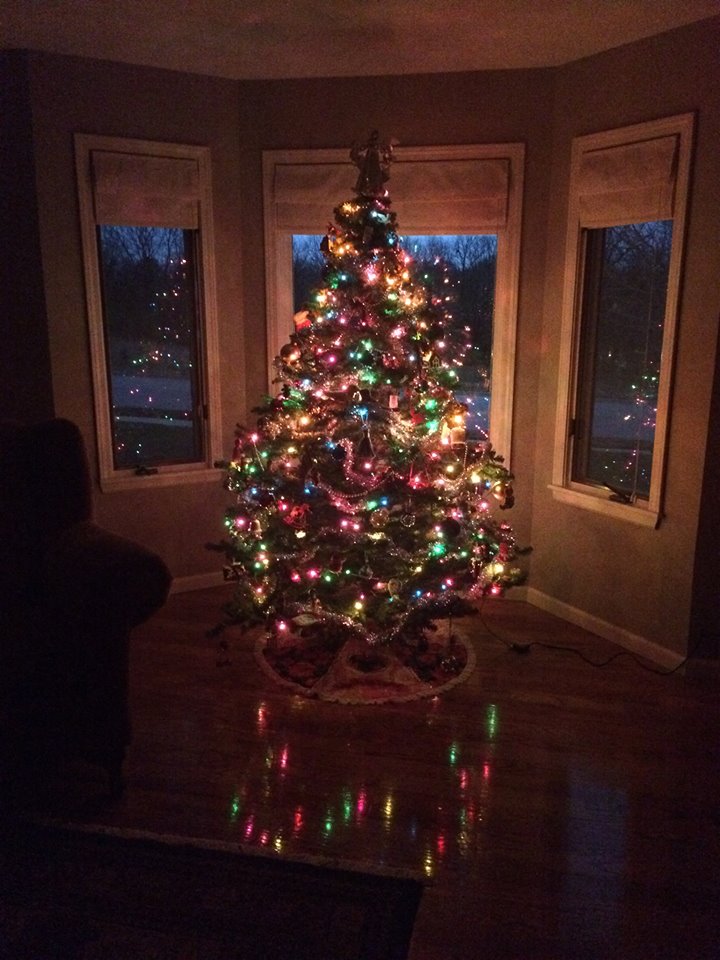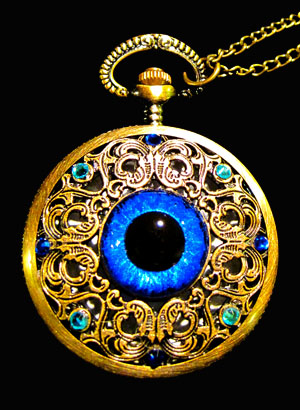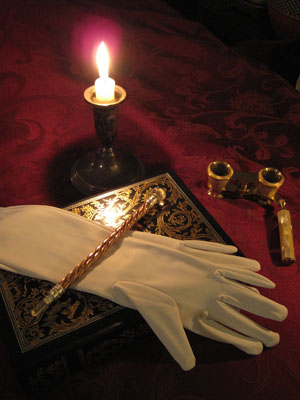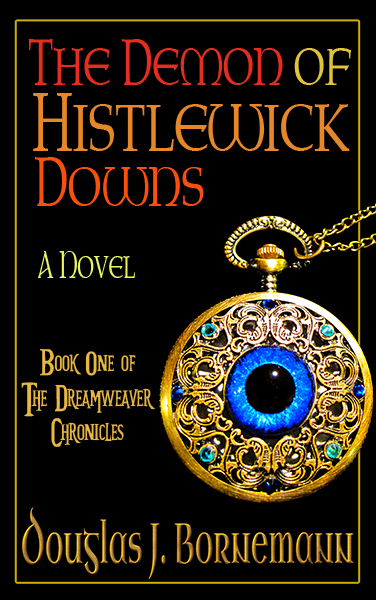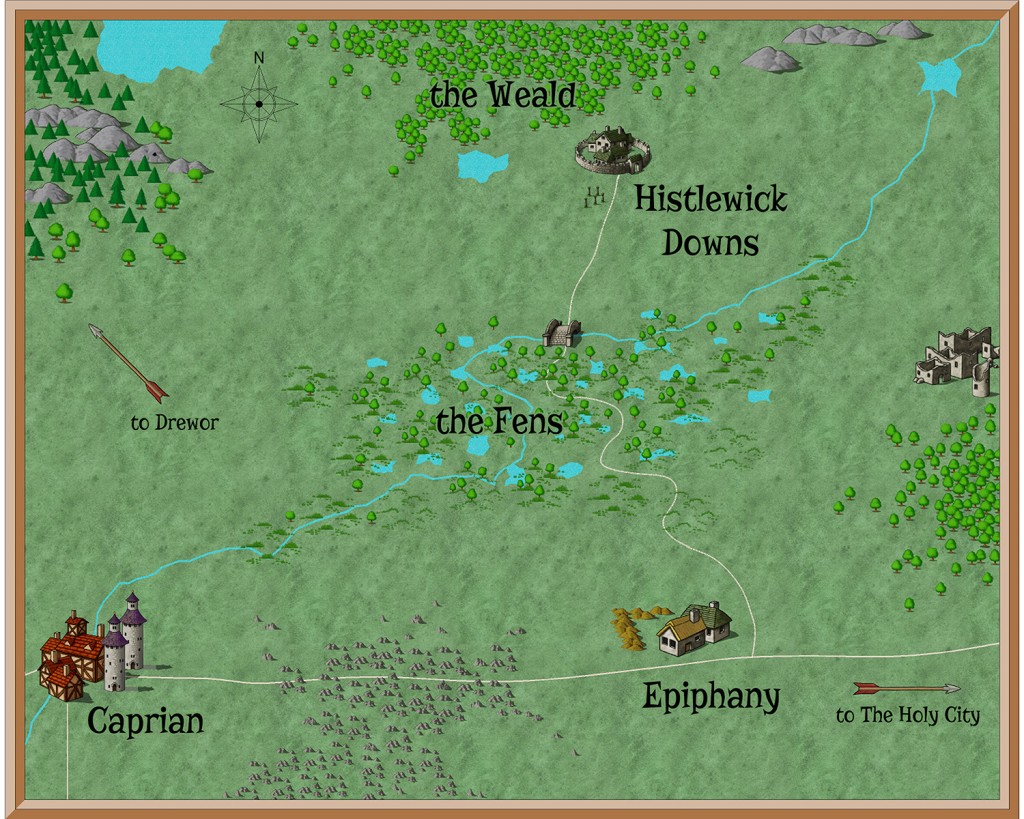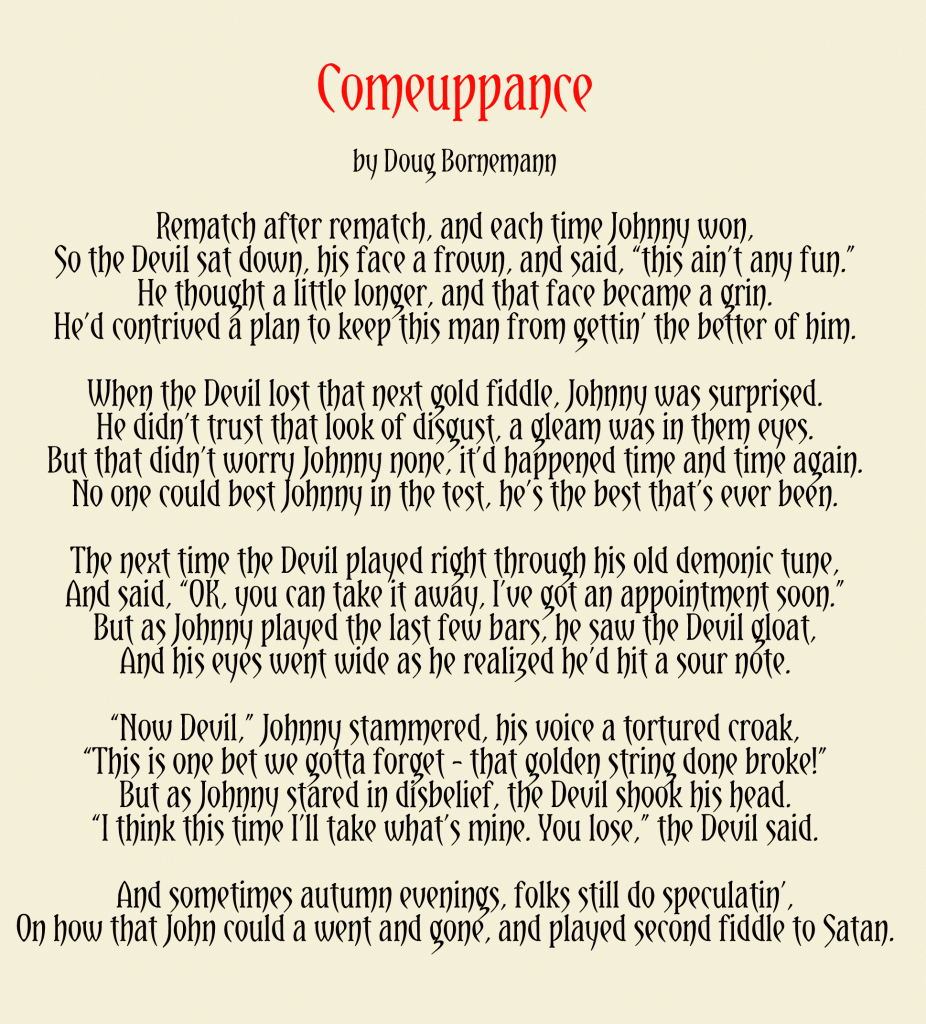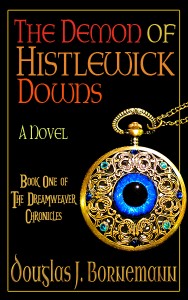My grandmother passed in 1984, while I was still in college. Typical of most good Catholic families of the time, ours boasted a man of the cloth who, on such occasions, could be depended upon to do the honors. I recall sitting next to my mother at the church-basement dinner following the services. Although I had never met him, Father Martin and my mother were first cousins and had been childhood friends. Gentle and soft-spoken, he headed the table, regaling his extended family, which included a number of formidable women, with quaint stories about his flock. One such tale involved the doings of the “old women of the Church.” Now, I confess to having inherited my mother’s somewhat unconventional sense of humor, from which no occasion, regardless of its solemnity, is entirely safe.
Assuming my most earnest expression, I raised my hand and interrupted the good Father mid-anecdote. “Father Martin,” I asked. “I’m curious. At what age does a woman become ‘old?'”
He paused, blinking. Silence fell. The table, populated primarily by female relatives, became palpably attentive.
With a gulp, he looked to my mother. Perhaps he was hoping to be rescued. If so, he’d appealed to the wrong savior.
My mother folded her arms. “Actually,” she said. “I’m sort of interested in hearing your answer.”
“Very well,” he said. He spoke slowly, as though choosing his words with infinite care. “In my experience, a woman becomes old at that point at which she becomes proud of her age.”
Greeted by a round of satisfied nods, Father Martin heaved a relieved sigh and quickly resumed his tale.
All these years later, I’m still convinced it’s the right answer.
Likes (0)Dislikes
(0)Dislikes (0)
(0)
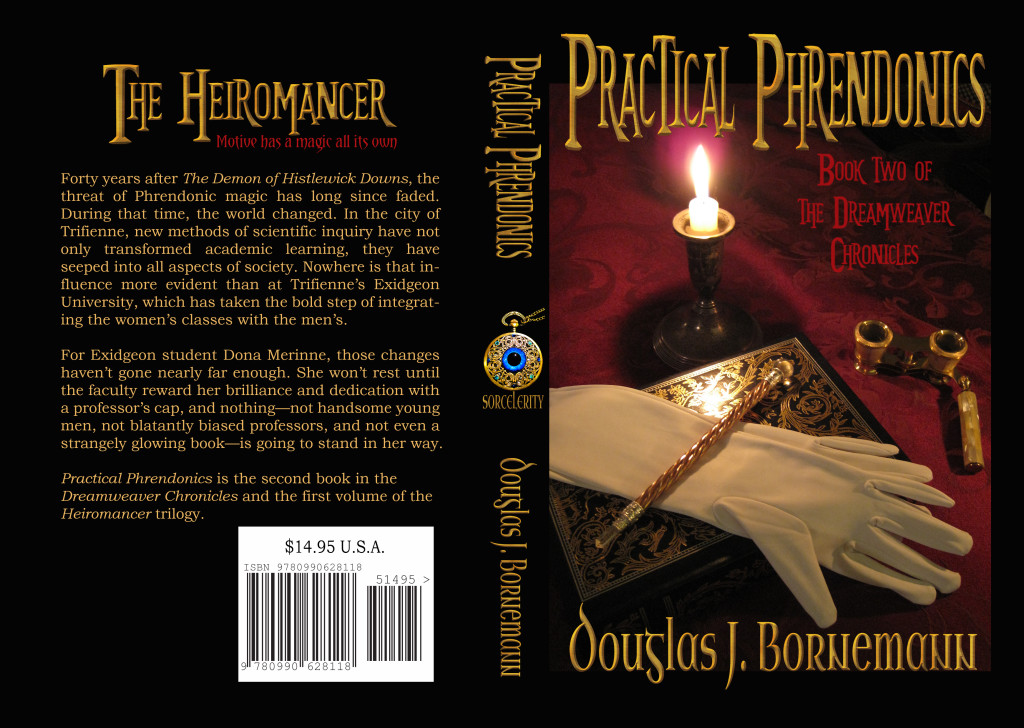
 (0)Dislikes
(0)Dislikes (0)
(0)
